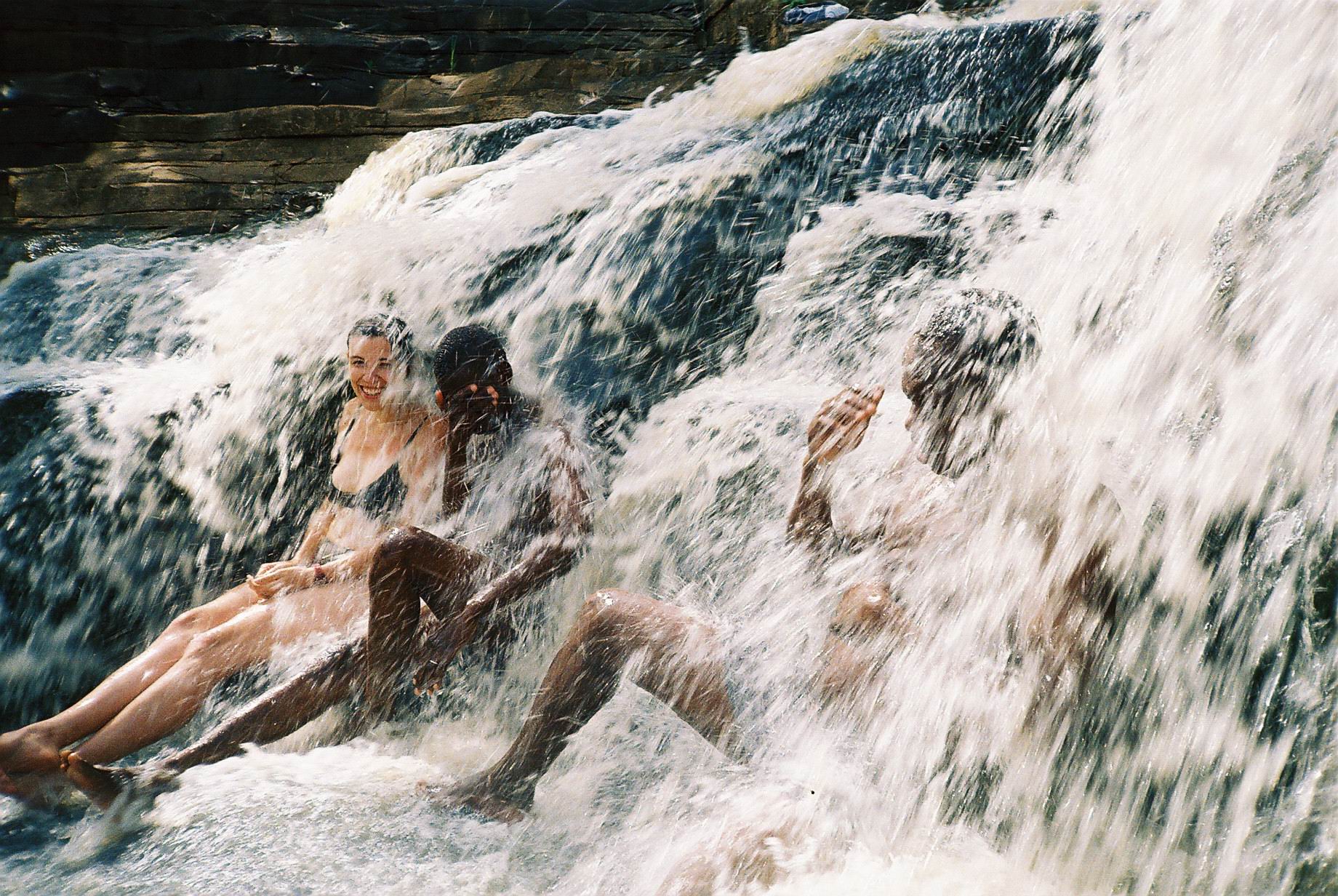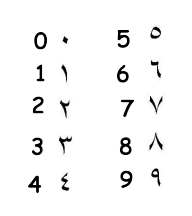Day 17
Wed Aug 3
Start: Diema, Mali
Mid: Didjeni, Mali
End: Bamako, Mali [The Capital]
We rode along again for another six hours before something went wrong with the truck. At first I though they were just stopping to let the engine cool but we got yelled at to get on a bus that was waiting. I climbed down and went from a very bumpy, uncomfortable ride on top of a truck to laying across two seats almost falling asleep in comfort (despite the bumps).
Two hours later we stopped in Didjeni for lunch. Another transportation hub. This one because it’s the borderline from paved roads to the crappy roads we were on. I sighed in relief thanking that the worst roads were over with. While, I have to admit, Gambian roads were worse these felt worse primarily because it was for 170 miles of it and it took two days.
While I was enjoying my lunch, history was being made in Mauritania. Two days since leaving country they had a coup. Actual news story:
--
Mauritania coup: New president named
Thursday 04 August 2005, 1:17 Makka Time, 22:17 GMT
The military council that overthrew Mauritania's president on Wednesday has named the longtime chief of national police force as the country's new leader.
A statement by the coup leaders published by the state news agency said Colonel Ely Ould Mohamed Vall was "president" of the military council which toppled President Maaoya Sid'Ahmed Ould Taya.
The Military Council for Justice and Democracy had earlier announced the coup in a statement run by the state news agency.
"The armed forces and security forces have unanimously decided to put an end to the totalitarian practices of the deposed regime under which our people have suffered much over the last several years," the statement said.
The council said it would exercise power for two years to allow time to put in place democratic institutions.
Pledge for democracy
Vall, 55, had served as the national police chief since 1987. Known for being calm and tight-lipped, he was considered a close confident of Taya for more than two decades.
The military statement also identified 16 other army officers who were members of the council.
It pledged to "establish favourable conditions for an open and transparent democratic system on which civil society and political players will be able to give their opinions freely".
"This council pledges before the Mauritanian people to create favourable circumstances for an open and transparent democracy," it said.
Top establishment involved
An opposition leader and a military source said they believed the head of the presidential guard, Colonel Mohamed Ould Abdel-Aziz, was involved in the coup d'etat.
There were reports that some senior members of the military had been arrested but it was not possible to confirm them.
Hundreds of people took to the streets of capital Nouakchott, shouting and honking car horns in celebration after the coup announcement, witnesses said.
Convoys of cars with people hanging out of them shouting "praise be to God" and making victory signs paraded down one of the main sand-blanketed avenues.
Freedom from dictatorship
"There was no democracy here, there was just slavery. We have been freed from a dictatorship," said one man, Bilal, aged around 45, watching from a side street.
"It's like we've been imprisoned for decades. I'm so happy. Change is good. We've been disappointed by the regime," shouted Mohammed, in his early 20s, as he ran down the street.
Police armed with batons patrolled other parts of the city but appeared to be maintaining a low profile, while some streets around key buildings were still sealed off by soldiers, residents said.
Seizing power
Earlier on Wednesday, troops led by the presidential guard took over key buildings in Nouakchott, including the military headquarters, the state radio and television offices, the presidential palace and ministries.
They acted while Taya was in Saudi Arabia for the funeral of King Fahd.
He was later reported to have landed in Niamey, capital of Niger and was received by Niger's President Tandja Mamadou and government ministers.
--
It goes to show how volatile governments in Africa can be. While the UN discourages coup since they are an undemocratic way to change governments, for most part it is for the better of the country. The former volunteer we met from Mauritania, who was friends with the president’s sister-in-law said Taya would be president for life since he was, in theory, almost a dictator. Within two weeks of that statement he was ousted.
I saw nothing approaching a coup since being in Nouakchott, or even in villages and guard posts going out of the country. It was like this in The Gambia. The citizens woke up one day and they had a new president.
By nine o’clock at night I arrived in Bamako without knowing where the Peace Corps Office or Transit house was. The drivers of the taxi helped me and drove me to the US Embassy where the Marine Corporal on guard duty gave directions to where the Transit house was, but the taxi instead took me to the office. From their the guards were very helpful and actually walked with me to the house a half-mile away.
The Guard actually had this posted by him: “A Marine on Guard has no Friends.”
I had been wearing the same clothes, and hadn’t showered, in three days. I took two showers in a row before calling it good. What surprised me was I didn’t fall asleep but instead stayed up all night with other volunteers watching TV. It was the next day I crashed.
I’m in Bamako, and judging my the time it took to get here I’ll be here for a few good days.
A brief synopsis of Mali. One of the truly respected things the Malian government has done was to step down. Let me explain: In Africa, once you have power you rarely give it up. In fact, most presidents become presidents for life or they rig the elections or intimidate the opposition so they always win. Mali used to be a dictatorship, until 1992 when their first democratic election was held. The man elected: Alpha Konare. He was re-elected in 1997. In keeping with Mali's two-term constitutional limit, he stepped down in 2002 and was succeeded by Amadou Toure. By stepping down, he gained great respect from other African countries and the world. He followed the democratic process, which is so rare here and gave someone else a turn to be President. In sharp contrast to many African leaders, he did not change the constitution the night before; but in keeping with the 2002 constitution he helped write stood down.
The country itself it the largest in West Africa and is about twice the size of Texas. 90% of the population is Muslim with French being the official language. The infrastructure is, so far as I have seen, better here than in The Gambia. I’ve seen villagers with television sets, bicycles. (I saw one kid, in Mauritania, with roller-blades!). While walking down the streets I am not hassled by the kids asking for money or candy. They simply walk right passed me as if I’m nothing special. In The Gambia if they see you three blocks away they run after you yelling “Toubob! Give me money!”
Bamako seems like a nice place to hang out for a little bit. Now I just need to find out how to get a visa for Niger. If that doesn’t work then it’s on to Burkina Faso – or, if I can get a Nigerien visa at the border. I have some leisure time to find out.





















